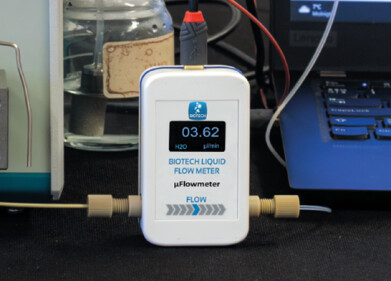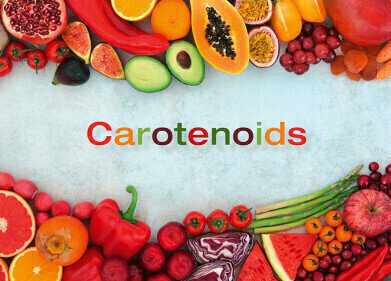HPLC, UHPLC
Monolithic Chromatography and its Applications
Jan 10 2023
Monolithic chromatography is a relatively newer technique in the field of separation science that has gained popularity in recent years due to its unique properties and versatility. It involves the use of a monolithic column, which is a single piece of porous material with a homogenous structure and high surface area, as the stationary phase for chromatographic separations.
One of the key advantages of monolithic chromatography is its high flow rate, which allows for faster separations compared to traditional packed bed columns. This makes it particularly useful for large scale purification and bioprocessing applications, where faster separations can lead to significant cost and time savings.
Another important feature of monolithic chromatography is its ability to retain a wide range of molecules, including large biomolecules such as proteins and nucleic acids. This makes it suitable for many biopharmaceutical and biomedical applications, including the purification of therapeutics and diagnostic markers.
In addition to its use in bioprocessing, monolithic chromatography has also found applications in the food and beverage industry, where it is used for the purification of ingredients and the removal of contaminants. It has also been used in environmental analysis, for the separation and detection of trace contaminants in water and air samples.
Despite its many advantages, monolithic chromatography is not without limitations. One of the main challenges is the difficulty in predicting and controlling the separation performance of monolithic columns, which can vary significantly depending on the specific application and operating conditions. This has led to the development of various optimisation and modelling approaches to improve the predictability and reproducibility of monolithic chromatography.
Overall, monolithic chromatography has proven to be a valuable tool in a wide range of applications, offering many advantages over traditional chromatographic techniques. Its high flow rate and ability to retain a wide range of molecules make it particularly well-suited for bioprocessing and other applications where fast, efficient separations are needed. As research and development efforts continue to advance the field of monolithic chromatography, it is likely that we will see even more diverse and innovative applications in the future.
More information on Monolithic Chromatography and its modern applications can be found in this book.
Digital Edition
Chromatography Today - Buyers' Guide 2022
October 2023
In This Edition Modern & Practical Applications - Accelerating ADC Development with Mass Spectrometry - Implementing High-Resolution Ion Mobility into Peptide Mapping Workflows Chromatogr...
View all digital editions
Events
ACS National Meeting - Fall 2024
Aug 18 2024 Denver, CO, USA
Sep 04 2024 Chiba, Tokyo, Japan
Sep 04 2024 University of Warwick, Coventry, UK
Sep 10 2024 Rockville, MD, USA
Plastics Recycling World Expo Europe
Sep 11 2024 Brussels, Belgium














